Ph.D. Programme in Economics
The Ashoka approach to Economics is fundamentally about bringing together cutting edge economic theory and rigorous data analysis to address questions at the frontiers of research. Our faculty members are engaged in active research in applied microeconomic theory, game theory, decision theory, development economics, labour economics, health economics, public economics, political economy, behavioural economics, experimental economics, economics of discrimination, macroeconomic theory, empirical macroeconomics, monetary economics, and international finance.
Admissions
Applications to the Axis Bank Ashoka Ph.D. Programme which starts in August 2025 will open in December, 2024 and will close on 30th April 2025. Applicants must apply through the online admissions portal. Admissions to the Ph.D. Programme will be based on a written entrance examination as well as an interview. The entrance examination will be held online on 18th May 2025. Shortlisted candidates will be called for an interview. Applicants with an MSc/MA/MCom/BTech degree with at least 55% or an MPhil/MTech degree with at least 55% are considered eligible.
Entrance Examination
The Ph.D. economics entrance examination will have two parts. The first part will test applicants on statistics and mathematics. The second part will test applicants on microeconomics, macroeconomics and econometrics at the level of entry to the first year of the Masters Programme in Economics in any standard Economics programme in the country. All questions will be multiple choice. Topics covered will include the following
Microeconomics: Theory of consumer behaviour; theory of production; market structure; general equilibrium and welfare economics; international trade; game theory – normal and extensive forms, Nash and sub-game perfect equilibrium.
Macroeconomics: Theories of income determination, neoclassical models of growth, infinite horizon and overlapping generation models, nominal rigidities, theories of unemployment, fiscal and monetary policy.
Econometrics: Random variables, statistical inference, linear regression (including regressions with dummy variable regressors), multicollinearity, autocorrelation, omitted variables, measurement error, instrumental variables.
Indicative textbooks include Advanced Microeconomic Theory by Geoffrey A. Jehle and Philip J. Reny, Advanced Macroeconomics by David Romer, and Introductory Econometrics by James Wooldridge. However, questions will not necessarily be based on these books alone.
Funding
The Ph.D. fellowship for Axis Bank Ashoka Junior Research Fellow is Rs 50,000 and for Axis Bank Ashoka Senior Research Fellow is Rs. 55,000. Students will also be offered housing on campus if available; if not, they will be paid a monthly rent allowance of Rs 10,000. Ph.D. students will also be expected to work as Teaching Assistants on specified courses. Information on fees is available on the Ph.D. Program page.
Ashoka will provide an annual contingency grant of INR 20,000. Additionally, Ashoka Ph.D. candidates will be eligible for travel support of total value up to INR 2,00,000 to be used to attend research meetings/ workshops/training programs, whether in India or abroad, during their PhD. tenure. All Ph.D. candidates are covered by medical insurance as specified in their offer letters. For PhD students pursuing fieldwork, an additional contingency fund of INR 20,000 per year is available.
Ph.D. Students
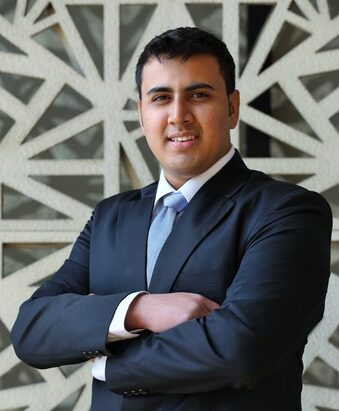
Year - 2020 | Axis-Ashoka Senior Research Fellow
Research Interest – Firm and Sectoral Dynamics and Industrial Policy

Year - 2020 | Axis-Ashoka Senior Research Fellow
Research interests- Economics of information, Behavioral economics, and Game theory
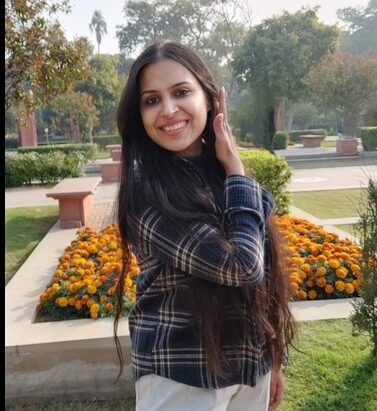
Year - 2019 | Axis-Ashoka Senior Research Fellow
Research Areas- Macroeconomic Theory and Policy, Public Finance, Development Economics and Political Economy
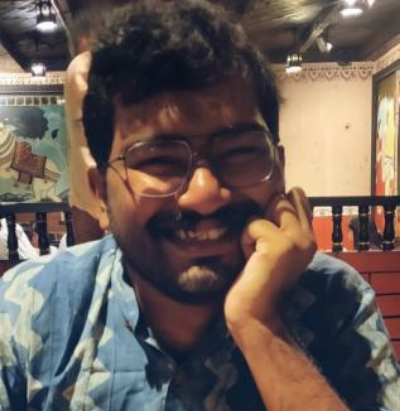
Year - 2021 | Axis-Ashoka Senior Research Fellow
Research Areas-Political Economy, Development Economics, Economics of Identity.

Year - 2021 | Axis-Ashoka Senior Research Fellow
Research Areas-Political Economy, Institutional Economics
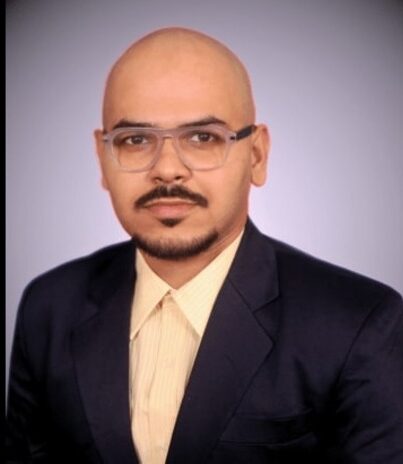
Year - 2023 | Junior Research Fellow
Behavioural Economics, Applied Game Theory, Economics of Institution
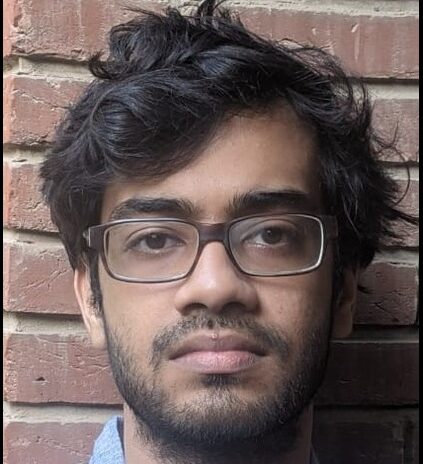
Year - 2024 | Junior Research Fellow
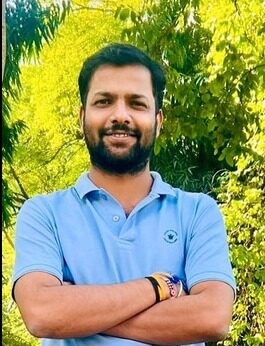
Year - 2024 | Junior Research Fellow
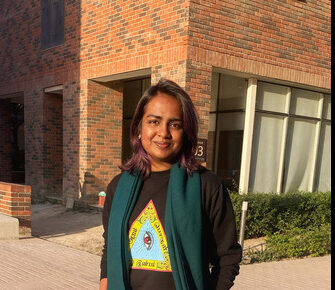
Year - 2024 | Junior Research Fellow
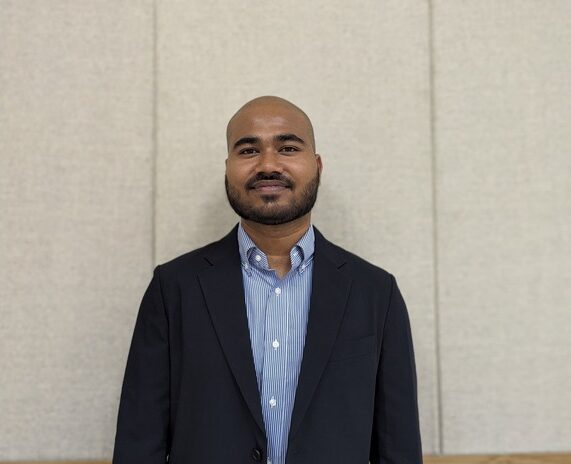
Year - 2024 | Junior Research Fellow





